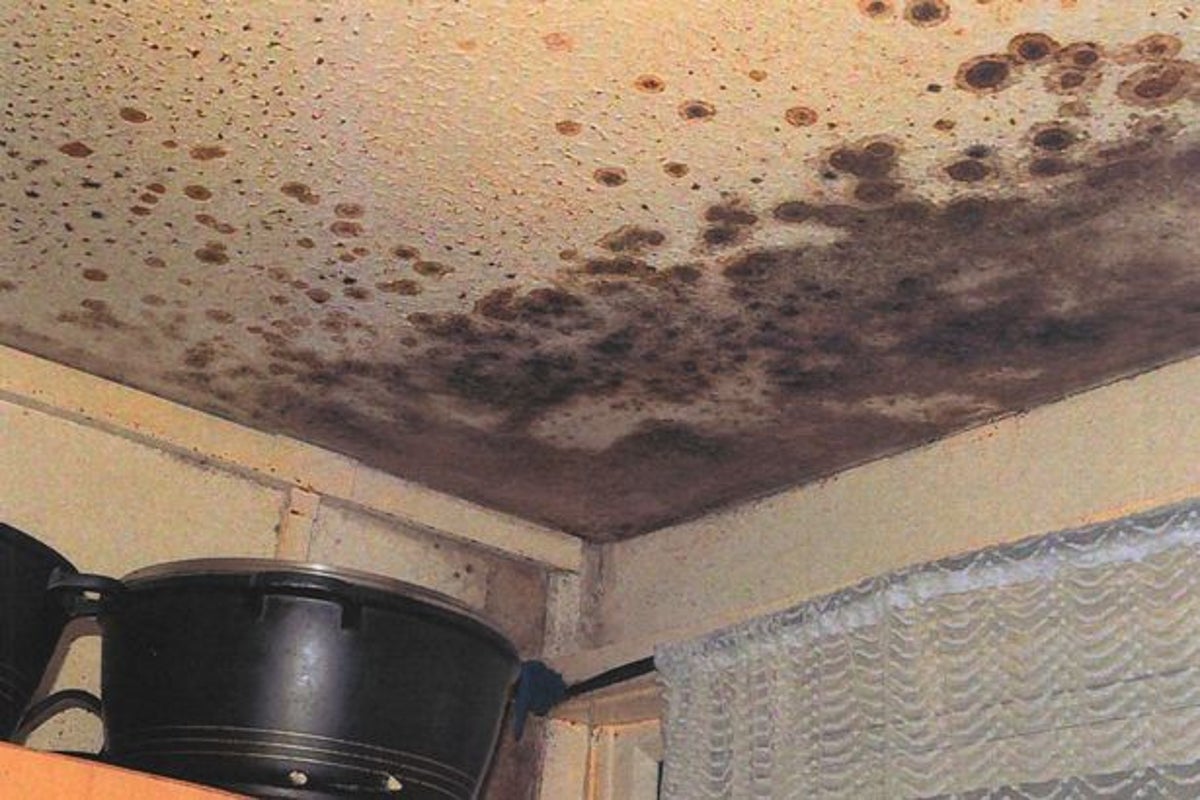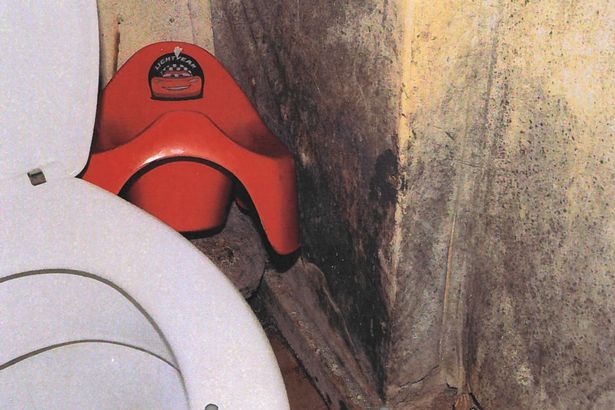
Ministers are facing demands for urgent action to ensure the nation has homes fit to live in, after shock figures showed that almost a quarter of private rented properties – almost 1 million houses and flats – failed to meet basic standards of decency.
The English Housing Survey found that 14 per cent of homes – a total of 3.4 million – fell short of standards on cold, damp, disrepair, noise or lack of basic amenities. These included 2 million owner-occupied homes (13 per cent) and 380,000 social rentals (10 per cent).
It came as a Rochdale housing association announced its chair and board members will quit following a scathing report on their “unacceptable” response to the death of a two-year-old boy from respiratory problems caused by mould in the flat where he lived.
Housing secretary Michael Gove said that the survey’s results made clear there were “very serious issues” with the quality of homes in England and announced he was considering new legislation to ensure that tenants’ complaints are listened to.
He told landlords they must “get a grip” in the wake of Awaab Ishak’s death and make improvements to unfit properties.
But his Labour shadow Lisa Nandy said blaming landlords was “simply not good enough”, as the scale of the crisis had been evident for years without ministers acting.
And housing charity Shelter told The Independent that the new figures “must be a wake-up call for government to get a grip on the broken private rented sector, and fast”.
The decent homes standard has been legally binding on social landlords such as councils and housing associations since 2001 and Mr Gove’s Levelling Up department is currently consulting on proposals to extend the requirement to the private sector.
The 990,000 non-decent private rented homes recorded last year was up from 2020 but represented a fall from the peak of 1.46 million in 2009.
But Awaab’s death has thrown a harsh spotlight onto the issue, which still blights the lives of millions of tenants.
A coroner last month found that the young boy died as a result of prolonged exposure to toxic black mould in a one-bedroom flat which had “inadequate ventilation and was not equipped for normal day-to-day living activities”. The court was told that Awaab’s father had been complaining to Rochdale Boroughwide Housing about the mould for three years before the boy’s death in 2020 and was told simply to paint over it.
In a new report, the Regulator of Social Housing found “significant failings” in the way the social landlord dealt with damp and mould across its portfolio of properties.

The regulator found that RBH has breached standards by:
– Waiting almost two years after Awaab’s death to check for damp and mould in other homes on the same estate, hundreds of which were eventually found to be affected.
– Providing regulators with inadequate information about damp and mould shortly after the death.
– Failing to ensure repairs teams were made aware of vital information about concerns over the boy’s health.
– Making incorrect assumptions about the cause of damp and mould in Awaab’s home and failing to treat his family with fairness and respect
RSH chief executive Fiona MacGregor said: “The tragic death of Awaab Ishak should have led to action to establish wider risks, but RBH failed to respond quickly or effectively. This is unacceptable.”
In a statement, RBH said that “mistakes have been made, we failed Awaab, his family and the community we serve”.

Announcing that a new chair and board will be recruited from January, the organisation said it was accelerating work on damp and mould and had started a £1.2m programme of ventilation on its properties.
“Awaab’s death is a defining moment for RBH – but also for the wider housing sector,” it said. “Whilst it should never have taken a tragedy for change to happen, Awaab’s Law must be introduced to ensure there is lasting change.”
Mr Gove announced he was blocking RBH from all government funding for new home-building until it proves that all of its current tenants are living in safe and secure conditions.
But he added: “This isn’t just an issue in Rochdale – it is clear from today’s English Housing Survey there are very serious issues with the quality of homes in this country.
“The fact that 10 per cent of social homes and 23 per cent of private rented homes failed to meet the Decent Homes Standard last year must be a wake-up call for landlords. Get a grip of your homes and make improvements now.”
He said that the Social Housing Regulation Bill currently going through parliament will give the regulator more power to fine rogue landlords and force emergency repairs, and promised a fairer deal for private tenants in legislation planned for next year.
“We must honour Awaab’s memory,” said Mr Gove. “There is consensus across the country that landlords must do better. Let RBH be a warning, I will use every power at my disposal to make sure people have good quality homes and are treated with dignity and respect.”
But Ms Nandy said ministers have failed to act fast enough.
“It should be unimaginable in this day and age to see unfit levels of mould and damp in nearly one in four private rented sector properties, and it’s only getting worse as we move further into winter,” she said. “This should be a wake-up call and a warning to those landlords who let out unfit homes.”
But she added: “The scale of the crisis has been obvious for years, and yet ministers failed to take the urgent action required. To blame others is simply not good enough.”
Labour are promising legally binding standards in the private rented sector which will include measures on warmth and ventilation and ensure all people have the right to a warm, dry and safe home, she said.
Shelter chief executive Polly Neate said: “It’s appalling that nearly a million private rented homes are not decent. This is leaving millions of tenants paying through the nose to live in damp, mouldy and dangerous homes.
“In many cases, they are too frightened to complain in case they get evicted. This must be a wake-up call for government to get a grip on the broken private rented sector, and fast.
“New laws are long overdue to make private rented homes safe and decent for England’s 10 million tenants.
“The government must urgently deliver its long-promised Renters’ Reform Bill to scrap no-fault evictions, introduce a Decent Homes Standard and create a national landlord register. It’s the only way to drive up standards and give renters much-needed security in their homes.”







